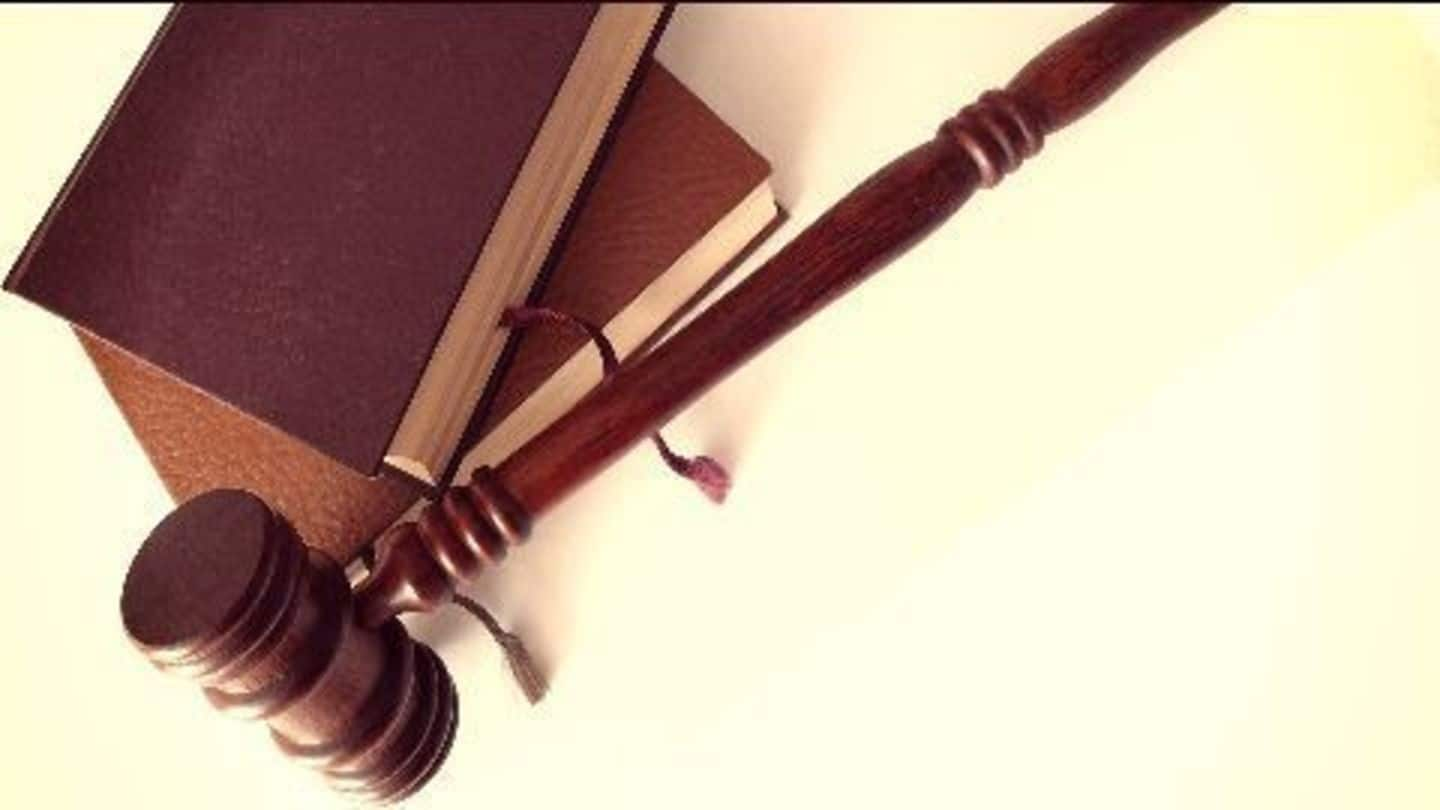
War crimes court approved in Kosovo
What's the story
Following a 73-1 vote, despite opposition boycott, a legislation was passed on 3 Aug in Kosovo, allowing a war crimes court to be set up.
International judges and prosecutors will try Albanian guerrillas for crimes against Serbian citizens immediately after the 1999 war.
The law was finally passed after the USA pressurised Kosovo.
The Kosovo constitution had to be amended to create this court.
Information
Where is Kosovo?
Kosovo is a disputed territory and partially recognized state in southeastern Europe. It declared its independence from Serbia in February 2008 as the Republic of Kosovo. Serbia however, still continues to claim it as its own autonomous Province of Kosovo and Metohija.
1991
The troubled east European history
In 1991, the Federal Republic of Yugoslavia began to break up from Slovenia and Croatia declaring their independence.
The Kosovar Albanians, already rebelling and rioting since 1989 because of persecution, undertook a secret vote and declared themselves the Republic of Kosova, but did not receive much international recognition.
Tensions in the area between Kosovar Albanians and Serbs continued to boil; Serbian aggression increased.
1996
The Kosovars vs the Serbs
Reacting to Serbian aggression against them, the Kosovars began the Kosovo Liberation Army(KLA), which attacked Serb authorities in Kosova.
The Serbians also increased their attacks, even carrying out massacre of an entire family.
The KLS was encouraged by the leader of the Albanian shadow government, Rugova, to defend themselves against the Serbs.
Through 1998, countries like USA and UK met to discuss Kosovo's problems.
1998
Foreign intervention requested
In 1998, Rugova and other Albanian leaders met with Clinton to seek USA support; soon after this, they met UN General Secretary and requested UN/NATO intervention.
The conflict between Serbs and Albanians continued uninterrupted, with a large number of bodies of both communities being found in a canal; the KLS fell under suspicion.
The UN Security Council passed a resolution calling for a ceasefire.
1999
The Kosova issue escalates
Border clashes and skirmishes continued in Kosovo; the Racak massacre also happened, where 45 Kosovar Albanians were killed by Serbs, in retaliation to an attack on 4 policemen.
The Contact Group, consisting of countries trying to bring about peace in Kosovo, issued an ultimatum to the concerned and called them to attend peace talks in France;.
However, KLA refused to sign the resulting agreement.
1999
The last stage of the conflict
The Kosovo peace talks broke down; while the Albanians finally signed the agreement, the Serbs refused.
A final ultimatum was delivered in an effort to avoid air-strikes but failed to get results.
On 24 March 1999, the Kosovo air strikes began, led by the USA and NATO.
Consequently, NATO began to bomb Belgrade, which continued for 78 days before Yugoslavia President Milosevic yielded.
1999
The conflict ends, apparently
President Milosevic agreed to withdraw troops from Kosovo; consequently, after Serb withdrawal was completed, NATO called off the air srikes against Belgrade.
The Kosovo Peace Implementation Force (KFOR) was set up by NATO and NATO forces arrived in the province.
The KLA agreed to disarm, yielding to NATO pressure.
However, soon after 14 Kosovo Serbs were killed in their fields in a revenge attack.
Feb 2008
Kosovo declares its Independence
Kosovo declared itself independent in February 2008, a move that Serbia called illegal, despite recognition by the USA and major European powers.
In 2010, the Hague War Crimes Tribunal called for former PM and two other ex-KLA members to be tried for war crimes.
In 2010 itself, the KLA was charged with having committed crimes against the Serbs during the NATO withdrawal.
7 Aug 2015
What will this court do?
The creation of this court means that indictments can be filed against those who are guilty of killing and committing atrocities against Serbs in Kosovo.
However, court proceedings will not be held in Kosovo itself but in some other European country like Switzerland.
This is in order to prevent intimidation of witnesses and ensure fair judicial proceedings since Kosovo's politicians are notorious for meddling.